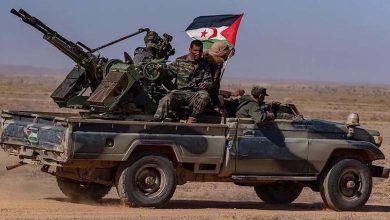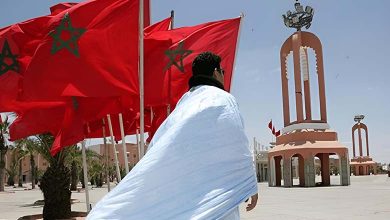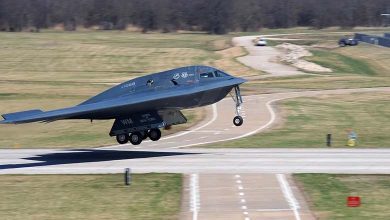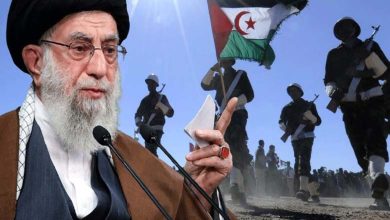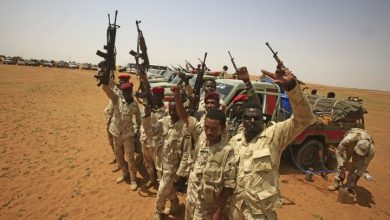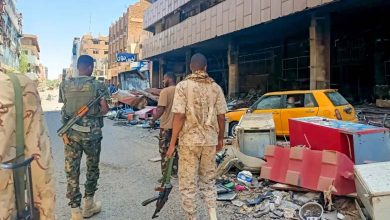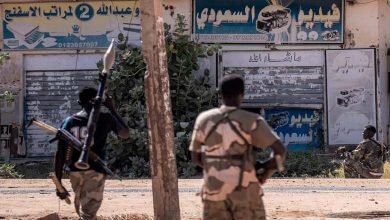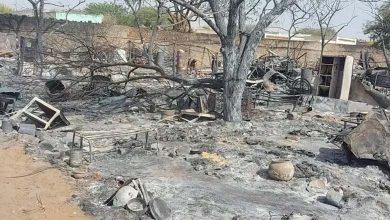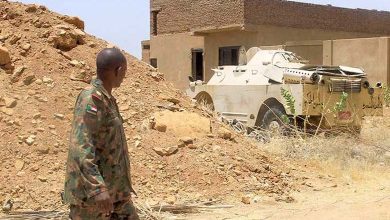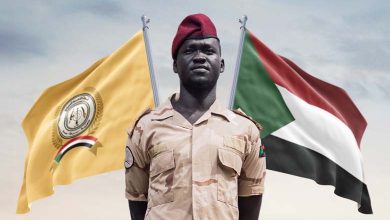The Sudanese Government and Its Policies in the Conflict
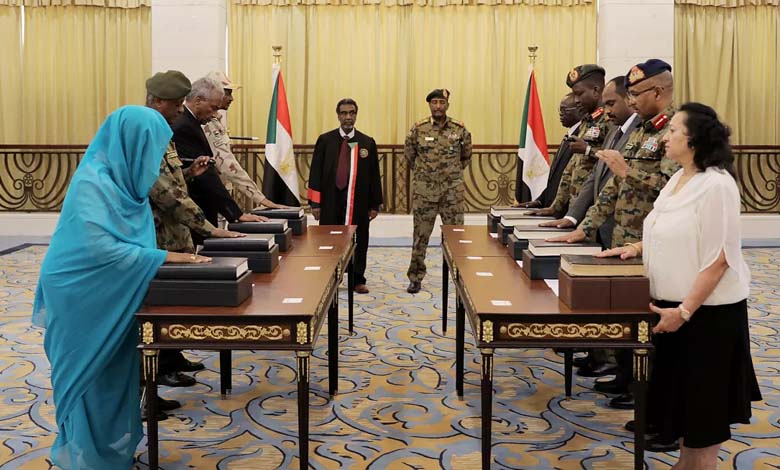
The Sudanese situation cannot be separated from the regional and international events occurring alongside neighboring countries. All threads have intertwined to form a unified framework in which nations compete to assert their interests and agendas, using both legitimate and illegitimate means.
Viewing Sudan as a strategic point connecting its Arab and African neighbors geographically, along with its underutilized agricultural and mineral resources, in addition to its human capital, which is its main asset; one fully understands the challenges Sudan faces, whether by some elites who are aware or unaware of the situation.
In most cases, some political forces seek to access power using all available methods, including treachery and collaboration. This is not merely an unfounded accusation, but rather facts and statements confirm it, as evidenced by remarks made by some ministers of the post-revolution government who openly admitted to acts contrary to their own country.
Dubious and revealing positions
In a phone call with a correspondent from the “Kan” channel, affiliated with the Israeli broadcasting authority on April 26, the political advisor to Hemeti, the Rapid Support Forces leader, stated that “what Khartoum and the Rapid Support Forces are experiencing is an attack by the Sudanese army.”
Unfortunately, this dubious position reflects the fragility of constructing political alliances in a military context aimed at consolidating tools for the transitional conflict, especially concerning the designation “Rapid Support Forces,” which did not come about arbitrarily as an abbreviation for the forces in the process of formation and emergence.
The same applies to the alliance with the Forces for Freedom and Change in the framework agreement, even though they were among their staunchest opponents. However, the quest for power and the payment of the price of treason make it easy to discard principles in the rubbish of the bitter reality experienced by Sudanese political forces.
The major mistake made by politicians is yielding to foreign will, particularly by flattering the feelings of the occupying entity, thinking it would support and protect them, without realizing it seeks to legitimize further crimes against the Palestinian people. In this context, they are exploited for selfish ends, and in return, they lose political capital with their own people.
Feigned neutrality and exposing ambiguous positions
It is necessary for living consciences to understand that neutrality, especially in matters concerning the existence and “nationality” of nations, does not mean obscuring truths and remaining silent on crimes committed against the nation and citizens.
In this context, by examining the positions of some Sudanese forces claiming neutrality in the conflict we are experiencing; according to the information they possess, they must answer many questions about the nature of the forces occupying hospitals and turning citizens’ homes into military barracks, intimidating them and using them as human shields. Likewise, they must have a basis to justify their neutrality and a fundamental approach to their handling of the reality on the ground to clarify many of the analyses and rumors circulated by “Isfiriya.” Otherwise, neutrality in such situations means complicity with one faction over another, by desire or fear.
We must recognize that the Sudanese people, throughout years of movement, have reached a level of maturity that enables them to distinguish between good and evil and to know who acts against their interests by their actions and words. Many of them have disowned their political parties, which have continuously sold them illusions.
Alliances on a day-to-day basis
All the scenarios we have arrived at are built on temporary alliances lacking long or even medium-term strategies to ensure their continuity and foundation in preserving the country’s security and stability.
When the objective is to access power, retain historical privileges, or evade justice, this results in a temporary alliance prone to collapse at any moment, as we have observed and are currently experiencing.
The parties to the civil framework agreement were among the most hostile to the Rapid Support Forces and their leader, even going as far as calling for the dissolution of these forces and the removal of their leader from political life due to incompetence, in addition to mutual statements indicating there would never be total convergence between them, especially after the “April 25 coup.” However, the defeated people were surprised by their alliance with one of the “coup leaders” to pass the framework agreement, which was designed abroad and supported by Volker Perthes, and which met wide opposition from various factions of the Sudanese people, especially as it was supported by ambassadors of some countries only concerned with their own economic and geopolitical interests and illusions of control.
The fragility of alliances, political cunning, and the search for flaws to eliminate each other are among the most important factors that contributed to the outbreak of the conflict, and the absence of political action based on a strategy reflecting national security away from foreign submission.
There is no doubt that when Sudan lays down its arms and a single national army emerges, it will silence all promoters of discord, door knockers at embassies, and sellers of conscience in the political market of ruin.


